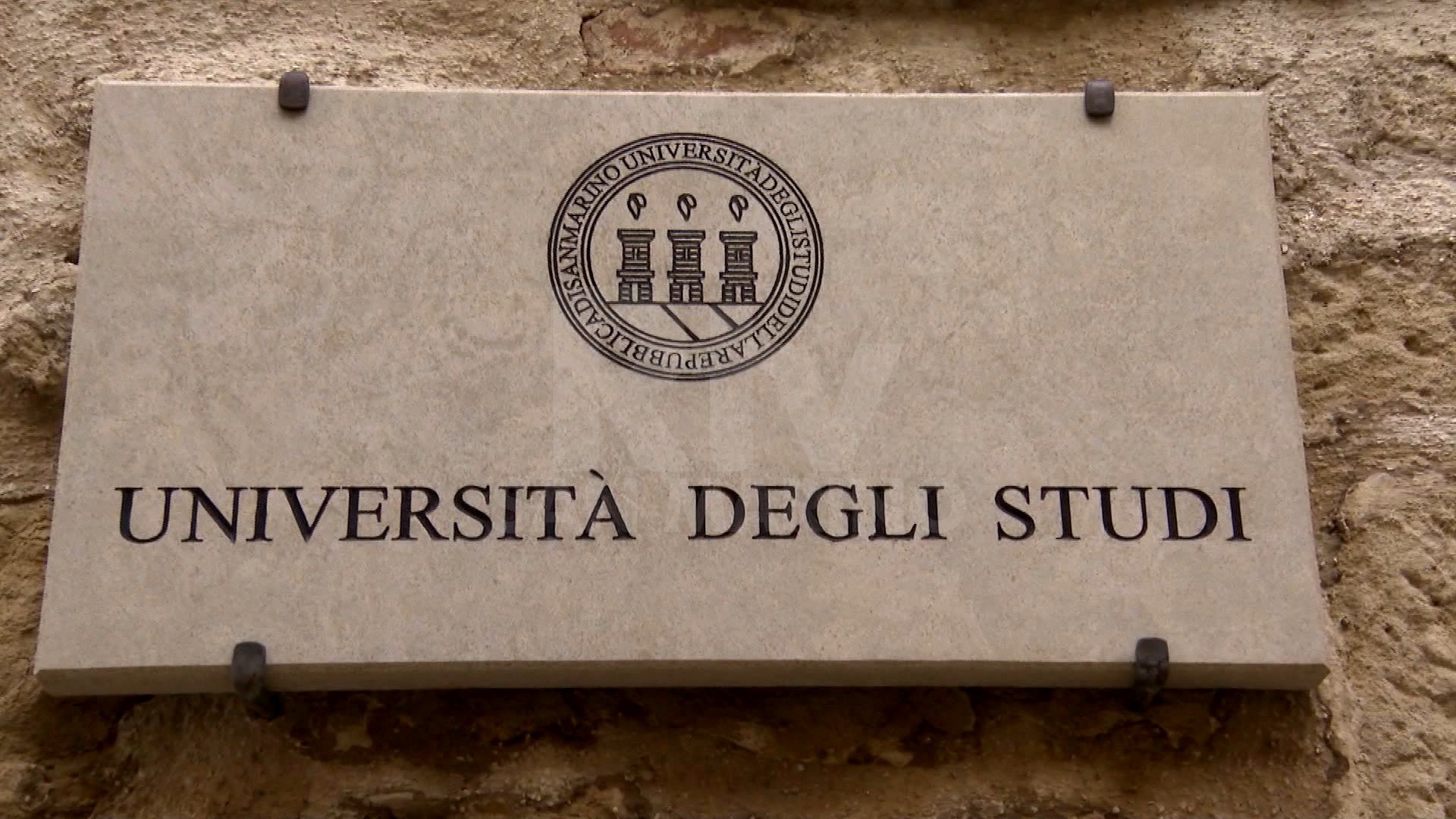From the use of recycled rubber in asphalt mixes, to the techniques for recycling road surfaces, to the containment of environmental impacts in infrastructure design. These are the topics that have been discussed at the Summer School centre organised by the University of San Marino and by SIIV–Società Italiana Infrastrutture Viarie (Italian Company for Road Infrastructures), with the support of Ecopneus

The impact of climate change in the design of road infrastructures; the state-of-the art recycling techniques to reduce the pollution involved in road-making, and the use of powders from recycled rubber derived from End-of-Life Tyres in asphalt mixes to increase its durability, adherence, and safety. These are some of the topics discussed during the Summer School organised by the University of the Republic of San Marino from 16th to 20th September and organised by SIIV-Società Italiana Infrastrutture Viarie (Italian Company for Road Infrastructures), with the support of Ecopneus. The latter is a non-profit company that manages the collection and recycling of an average of 220,000 tonnes of End-of-Life Tyres in Italy every year.
This International Summit has seen the participation of leading experts of the sector coming from universities from all over the world: The Universities of San Paulo (Brazil), Granada (Spain), and Maribor (Slovenia). It has been an occasion of discussion, updating, and exchange among European and Asian academics. Among the various speeches, Prof. Fernando Moreno Navarro of the University of Granada, thanks to the consolidated Spanish experience in the use of asphalts modified with the addition of recycled rubber, has brought evidence of how this technology may offer advantages in terms of duration and resistance, not only for urban road networks, but also on roads characterised by high levels of traffic.
The Spanish Experience
Indeed, over 1,600 km of road have been surfaced with asphalts modified with recycled rubber in Spain in the last 20 years. This was made possible thanks to a Letter of the Spanish Ministry of Infrastructures, that imposes to prioritise the use of materials deriving from the recycling of End-of-Life Tyres in road surfaces, thanks to the possible advantages of this solution and the contribution it brings to the national objectives of ELT recycling. The Spanish Ministry’s letter has boosted the use of this valid technology that allows to have a long-lasting surface, greater adherence and safety, and the environmental sustainability derived from the use of recycled rubber from ELTs.
The Situation in Italy
To-date, over 470 km of roads with modified asphalts have been made in our Country. This was made possible also thanks to the effort of Ecopneus, the non-profit company that manages the collection and recycling of End-of-Life tyres in Italy and that is strongly committed to the promotion and development of many applications made with recycled rubber. However, differently from Spain, a strategic vision at national level is still missing in Italy. This would allow a large-scale use of this technology, despite the unquestionable advantages it allows and the several decades of international experience, supported by vast scientific literature.
Asphalts modified with recycled rubber: long-lasting, silent, and safe.
Thanks to rubber recycled from ELTs, it is possible to produce highly-performing road surfaces: reduced creation of cracks and potholes, excellent tyre adherence, exceptional surface duration, and reduction of noise made by transiting vehicles. There are also advantages for the drivers and for those who live or work near busy roads, but also for the Public Administration’s pockets. The great duration of “rubberised” asphalts and the possibility to design excellent and thinner surfaces allow the PA to better invest their resources for road infrastructures, reducing users’ inconvenience and using a highly-performing material, which is also 100% made in Italy.

 Collect ELT
Collect ELT